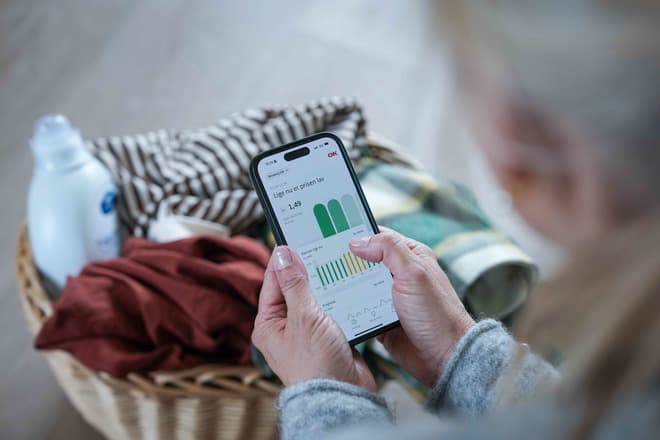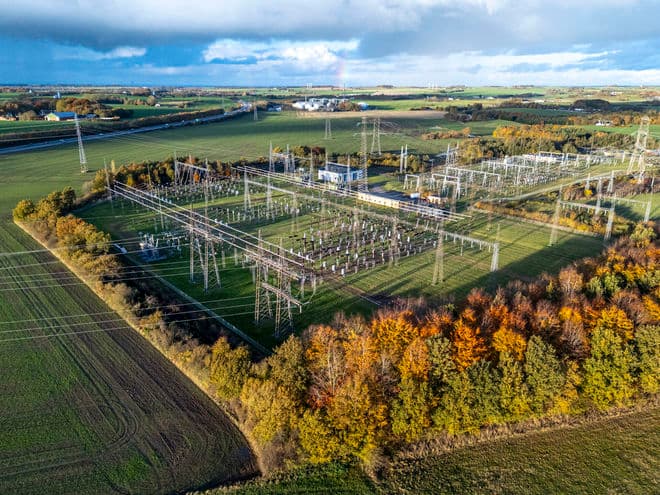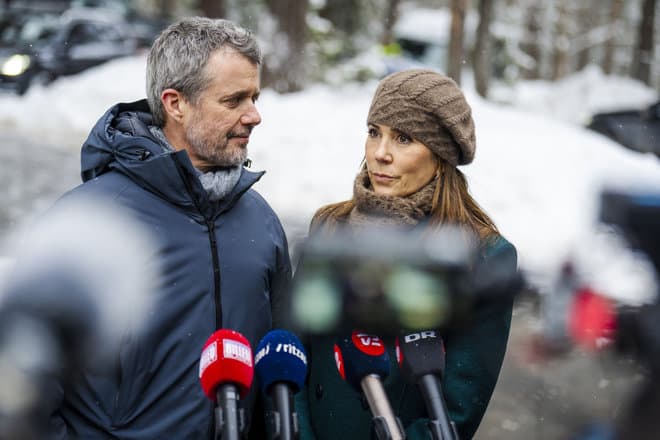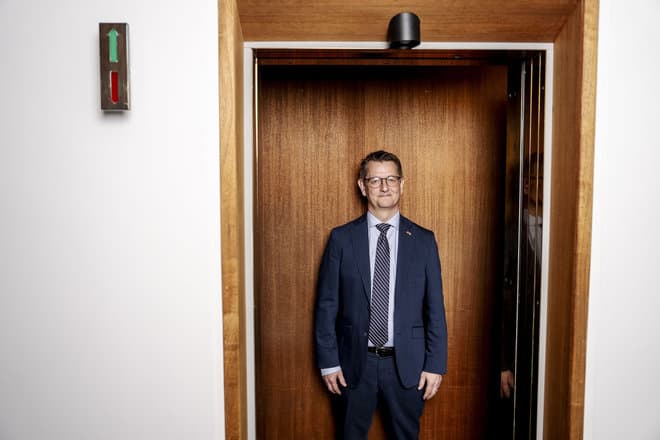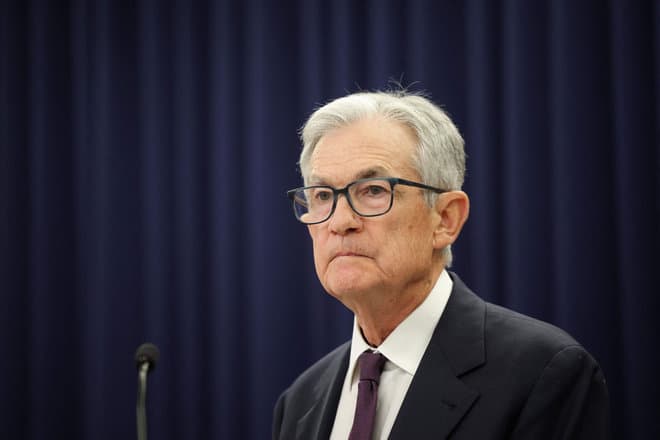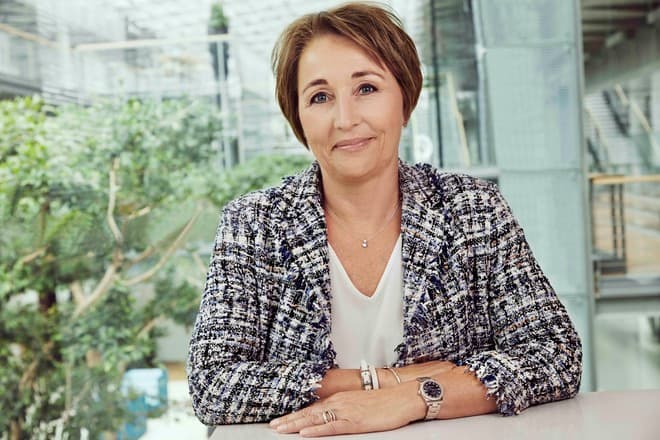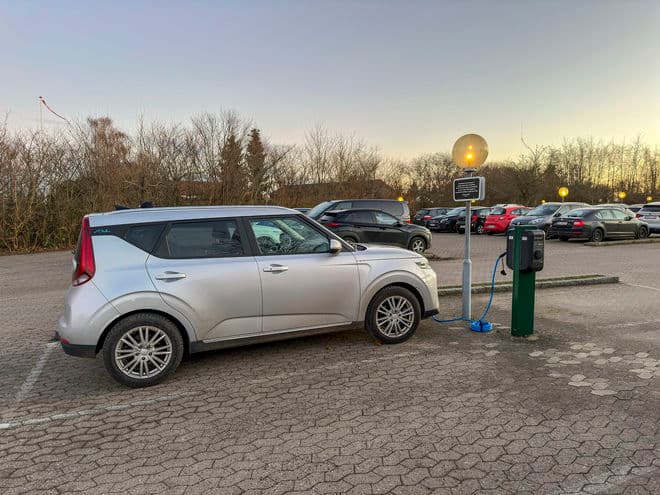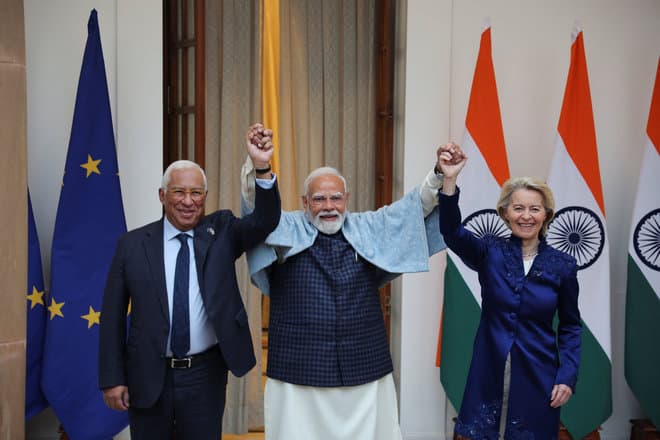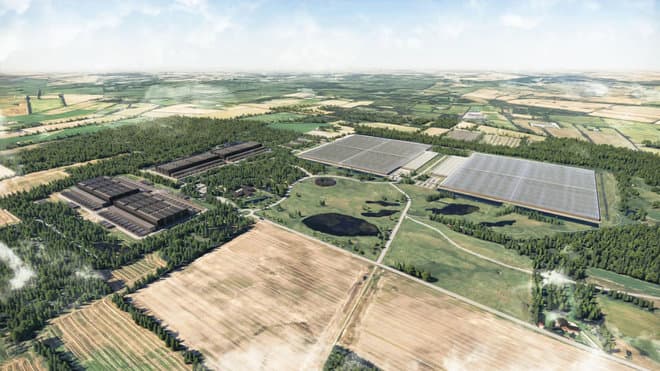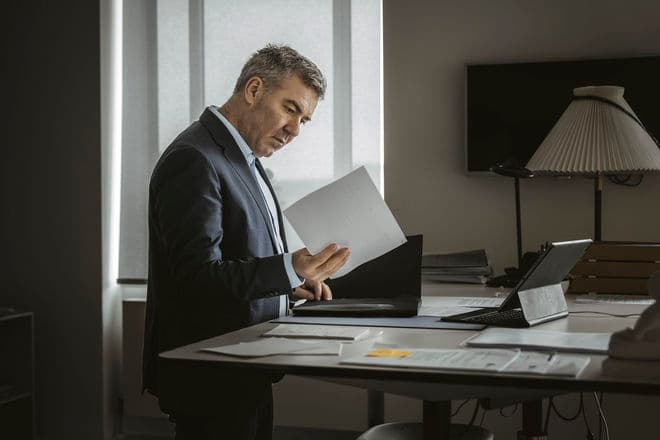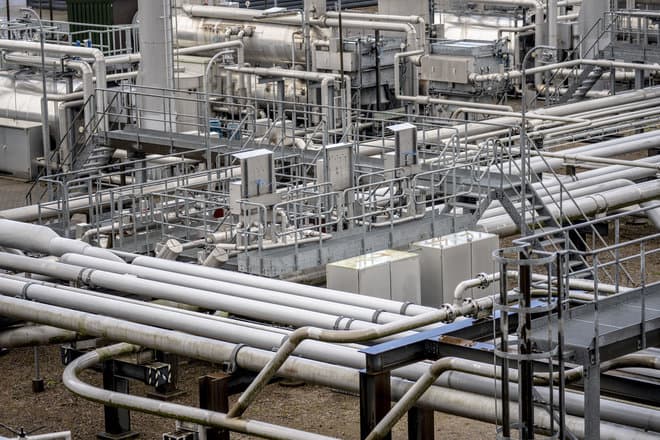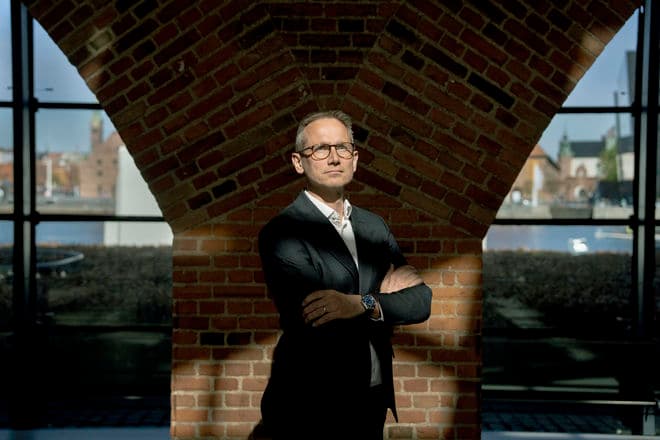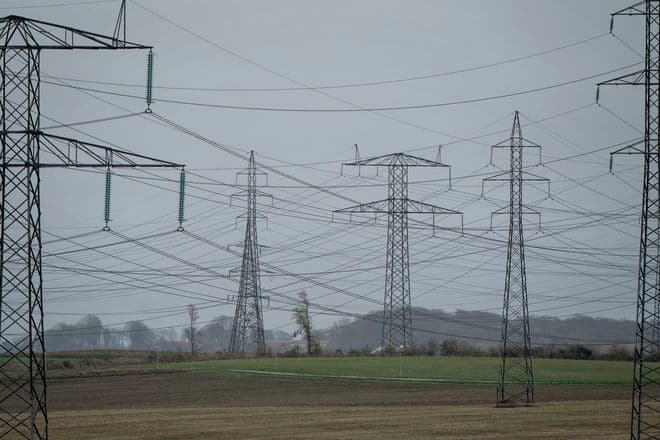
The development of the energy company Better Energy has been accelerating since it was established in 2012 with the aim of setting up solar parks in Northern Europe and mainly in Denmark. Especially since 2019, there has been extra momentum in the business, with Better Energy accounting for around half of all new renewable energy production on land in Denmark.
The company itself describes that there has been a period of "hypergrowth", but that period is now over and the company is therefore now preparing for a period of what they call "normalized growth".
And the new approach will have a significant impact on the company, which will lay off up to four out of ten employees to adapt to the new reality. The process of changing the organization has been ongoing in the second half of 2024, and it is expected to be completed before the end of the year. This is stated by the company in a press release.
- From a business perspective, the decision is clear, but from a collegial and personal perspective, it is of course difficult. In 2024, we will say goodbye to some extremely talented and purpose-driven colleagues who have helped drive our mission forward, says Rasmus Lildholdt Kjær, CEO of Better Energy.
Although Better Energy is adapting the organization, an extensive construction program in Denmark and Finland will be maintained, the company's activities in Sweden and Poland will be maintained, and at the same time, expansion to a new European market south of Denmark will be worked on.
- From 2025, we will have an organization that can act quickly and effectively in a market based on how demand develops. This means that we will outsource more processes and concentrate on the core areas that create the most value, says Rasmus Lildholdt Kjær.
End of period without ceiling for demand
The reason for the many layoffs, Better Energy says, is a new market situation that differs significantly from the one experienced in recent years.
- For the past four years, we have been working with solar parks on an assembly line, and constantly delivering large amounts of solar energy to the electricity grid. It has been a period of rapid growth, where we have hired many talented people to meet a demand that really had no ceiling, says Rasmus Lildholdt Kjær.
But now Better Energy has experienced that the market is changing and the expansion of green electricity must to a greater extent go hand in hand with demand, and this places new demands on the timing of future projects.
- If we imagine renewable energy parks as commercial properties that are to be developed, built and rented out, then for a period of time we could with great certainty rent out every square meter, regardless of how many properties we built, says the director.
Political focus necessary for new acceleration in growth
Rasmus Lildholdt Kjær hopes that the times with significant growth rates both for the company, but also for the green transition in Denmark in general via renewable energy on land, can return. But if Denmark wants a new accelerated growth period for renewable energy on land, then according to the Better Energy director, there are two levers in particular that can be seized politically.
- There is enormous potential for increasing electrification throughout Europe. In Denmark, solar and wind power currently account for 63.1% of electricity production, but only around 13% of total energy consumption. Here, political initiatives, such as specific targets and incentives for increased electrification, can make a huge difference, he says, also highlighting the need for a uniform tax system.
- Biomass in Denmark currently enjoys tax exemption, which has historically distorted the market. If we are to accelerate the growth of renewable energy, we should ensure a level playing field. Historically, the state has spent quite a few billion to keep a hand in biomass burning.
Text, graphics, images, sound, and other content on this website are protected under copyright law. DK Medier reserves all rights to the content, including the right to exploit the content for the purpose of text and data mining, cf. Section 11b of the Copyright Act and Article 4 of the DSM Directive.
Customers with IP agreements/major customer agreements may only share Danish Offshore Industry articles internally for the purpose of handling specific cases. Sharing in connection with specific cases refers to journaling, archiving, or similar uses.
Customers with a personal subscription/login may not share Danish Offshore Industry articles with individuals who do not themselves have a personal subscription to Danish Offshore Industry.
Any deviation from the above requires written consent from DK Medier.


